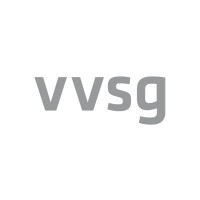
Think Freely Media
Founded in 2009, Think Freely Media (TFM) is a 501(c)3 that works to promote liberty by increasing the ability of pro-liberty decision makers and thought leaders to communicate the benefits of individual freedom in a more persuasive manner. TFM endeavors to build information and media capacities that penetrate every level of culture, that successfully change hearts and minds of people from all walks of life, and that will result in successful advocacy for free enterprise and liberty prevailing in culture, as well as in law. TFM is a small, but quickly growing organization, with a hardworking and dedicated staff. We sponsor Great Communicator Boot Camps to help decision makers and thoughts leaders better communicate why liberty and free markets are the best path to prosperity. We host Great Communicator Tournaments to highlight people who are already making persuasive moral arguments in favor of free markets. We build media verticals to reach key audiences and we research and share best practices for communicating tough issues.






